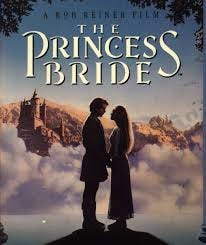Is it hopeless? Is humanity doomed to near term extinction?
Well, if you are pinning your hopes on the myth of progress, the answer is "yes." Progress had been foundational to my belief system, and it's been very, very hard to give it up. Doing so depressed the hell out of me. My sense of urgency around the need to address climate change brought me to the edge of burnout.
I figured, or I was forced to do so by depression, I must step back and slow down. I used the time I regained to read, speak, and correspond. I have also been preaching about my evolving understanding and adjustment.
I'm feeling much better now because I have accepted the near certainty that things are going to get a lot worse, and that it is very unlikely that we will acquire the political power and the technological know-how to significantly slow - much less reverse - environmental degradation. My research has also pointed out that this, not all the crap I learned in high school, college, and through the media, has been the history of humankind. Humanity is a cancer on the planet. It has finally grown to the point where it is very likely to kill its host.
To be hopeless isn't to be helpless. However, it does lead one to continually reconsider tactics and strategy. The goal no longer is progress, it's closer to hospice. Now isn't the time for despair; it's the time for compassion and courage. Here my experience as a chaplain is of particular use.
When ministering to the dying and their families, it was not my role to predict the time of death. It was to be present for others. In these circumstances, I always found that truth was more healing than bullshit. Without lying, I still could provide comfort to the dying.
Mother Nature is a serial killer. We have all known from a certain age that we were going to die: we just didn't know when. What I find most intensely disturbing is that the future I once imagined for my children is not likely to be available for them. That grief exceeds my fear of my own death.
It is absolutely appropriate to react to loss and even the anticipation of loss with fear, sadness, and anger. Acceptance is not surrender. It is humility, wisdom, and recovery.
Beloved Community?
12 years ago








